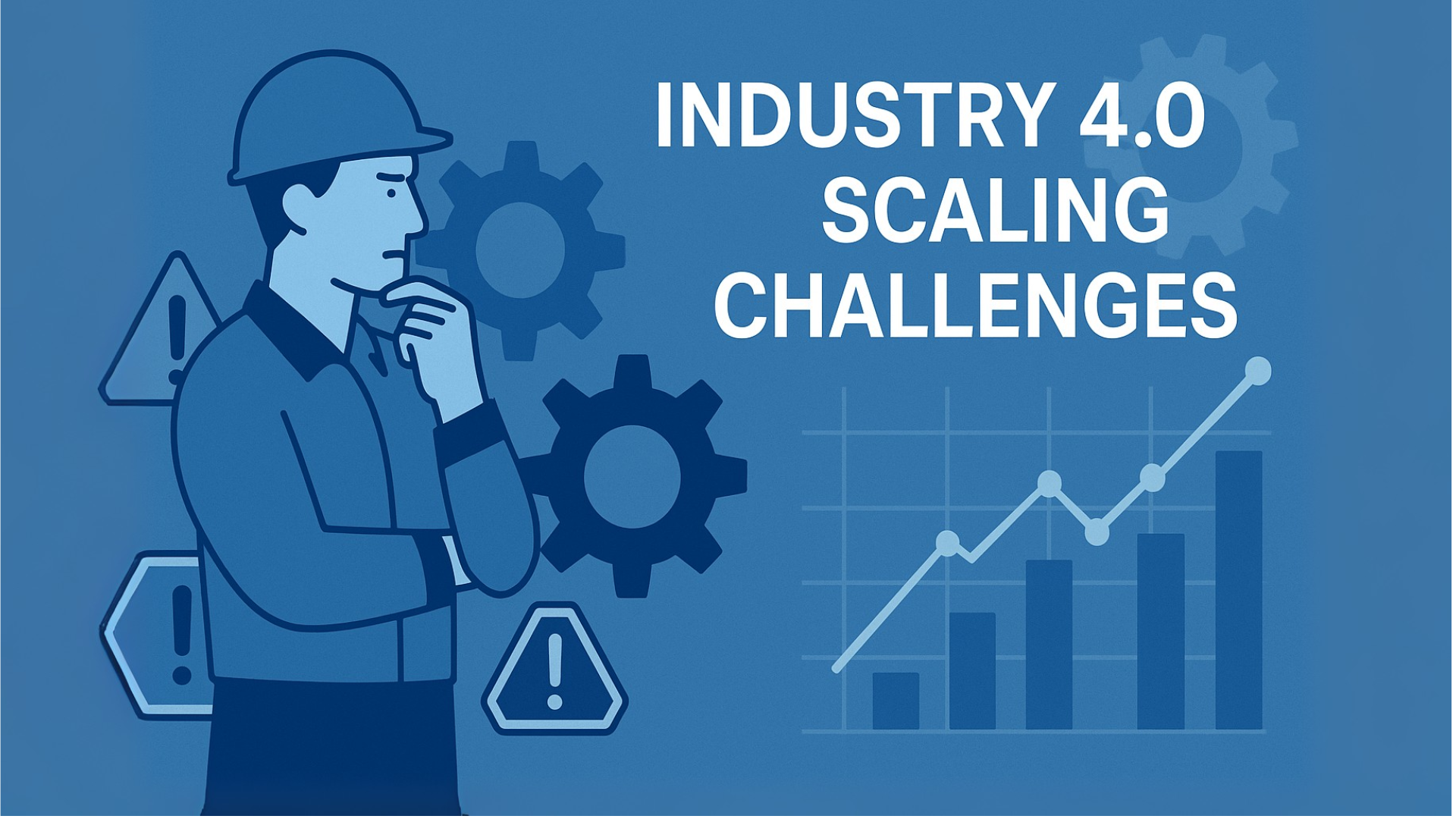Artificial Intelligence (AI) has become a near-ubiquitous force in manufacturing, with Rockwell Automation reporting a 95% adoption rate among manufacturers in 2025. This widespread uptake underscores AI’s growing strategic value—but what’s particularly striking is that nearly half (49%) of these companies are deploying AI specifically to strengthen their cybersecurity posture. As digital transformation accelerates, securing increasingly connected manufacturing environments is no longer optional—it’s critical.
Manufacturing environments are highly vulnerable to cyber threats due to the convergence of information technology (IT) and operational technology (OT) systems. Unlike traditional enterprise environments, manufacturing systems often rely on aging infrastructure and legacy equipment, which can lack basic cybersecurity features. Attacks on industrial control systems (ICS) or supervisory control and data acquisition (SCADA) systems can lead to serious consequences—including production downtime, safety hazards, data breaches, and the theft of proprietary technologies.
AI-powered cybersecurity solutions are rapidly emerging as a game changer. They offer capabilities far beyond conventional firewalls or antivirus software. Machine learning algorithms continuously analyze network traffic and system behaviour to detect anomalies—flagging early signs of breaches, malware infiltration, or insider threats. When threats are detected, automated systems can isolate compromised endpoints, limit lateral movement, and immediately alert response teams, helping to contain and remediate incidents in real-time.
But cybersecurity isn’t the only area where AI is making an impact. Manufacturers are also leveraging AI to enhance production planning, monitor product quality in real time, predict equipment failures, and manage supply chain complexity. These applications improve operational efficiency, reduce waste, and support data-driven decision-making across the factory floor.
However, integrating AI into manufacturing workflows isn’t without its hurdles. Success relies heavily on data quality, robust infrastructure, and a clear alignment between AI use cases and business priorities. Many manufacturers struggle to unify data from disparate systems or adapt AI tools to legacy equipment. In some cases, a lack of internal expertise or clear governance slows progress and limits ROI.
Still, the case for investing in AI-driven cybersecurity is compelling. According to IBM, cyberattacks on manufacturing facilities have increased by over 40% in recent years, making manufacturing the most targeted sector globally. As threats evolve in complexity and scale, manufacturers must adopt a holistic approach to security—combining AI technology with workforce training, third-party risk management, and clearly defined security policies.
In a sector where every minute of downtime costs thousands, protecting digital infrastructure is as important as streamlining production. AI is now doing both—and manufacturers who invest wisely will be best positioned to thrive in this new era of intelligent, secure operations.


















